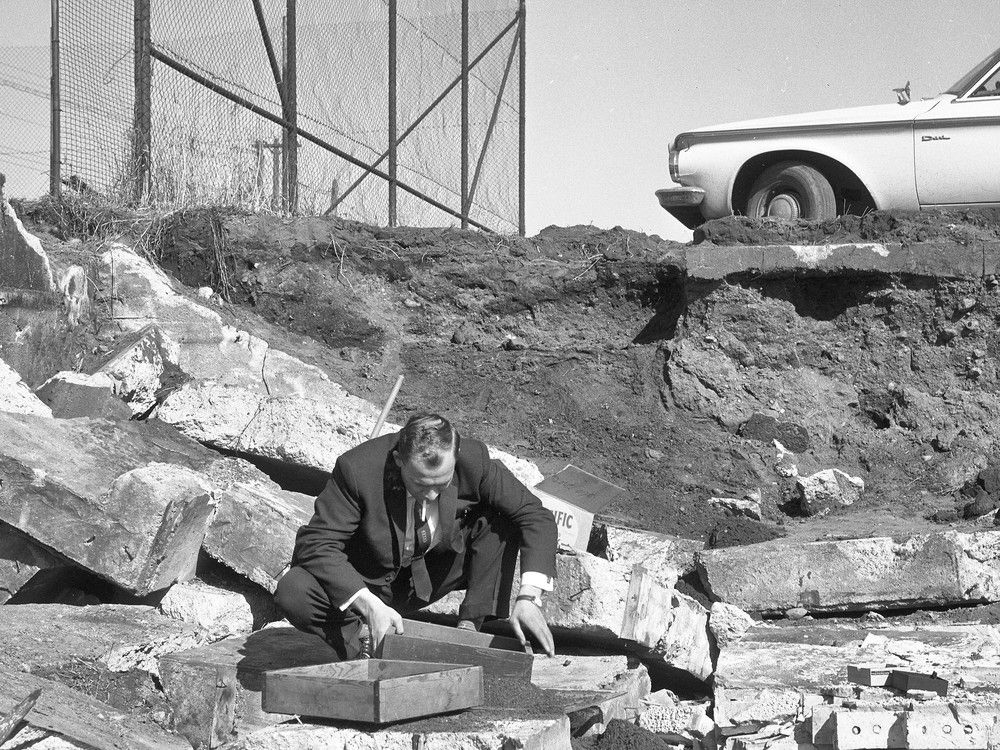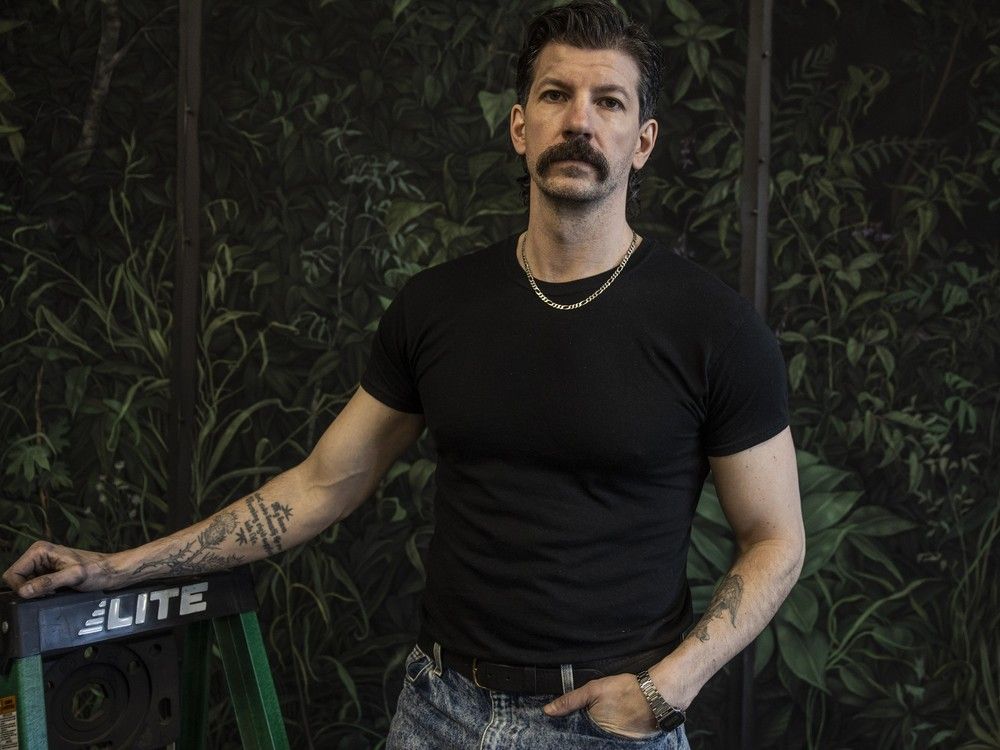
In his budget reply speech on Thursday evening, Peter Dutton declared that “every election is important, but this election does matter more than others in recent history. It is a sliding-doors moment for our nation.” If that’s true, what the opposition leader said next matters greatly.
Peter Dutton says he will prioritise male-dominated industries. Credit: James Brickwood “My intention is to make Australia a mining, agriculture, construction and manufacturing powerhouse again,” Dutton said. Two things are curious about this, and neither were said aloud.

The first is that these sectors are all dominated by men . Roughly two-thirds of the 298,000 Australians working in agriculture are men, while in manufacturing the gender divide of the 881,500 workers skews 70 per cent male to 30 per cent female. In mining, this increases to 80 per cent of the total 325,700 workforce being male, while the largest sector – construction – reports almost nine out of every 10 of their 1.
3 million workers are male. The second point of note is that combined, these sectors only account for around 20 per cent of our national workforce. What, then, are the opposition leader’s intentions for industries like healthcare, whose 2.
3 million employees account for 14 per cent of the national workforce and are 74 per cent female? Or education, which is 71.9 per cent female and employs 1.2 million Australians? Simple: “the revenue generated from these revived sectors [agriculture, mining, manufacturing and construction] will create more money .
.. to fund health and education”.
In other words, if the nation looks after the boys, the rest will take care of itself. Forget economics, Dutton’s grand plan for the nation seems to be trickle down gender equality. If you’re employed in these sectors Dutton has earmarked as priorities, it’s great news.
But what’s the plan for women? Does Dutton expect us all to marry a tradie or sign up for the next season of Farmer Wants a Wife if we want to get ahead? Even before Thursday ’ s speech, Dutton’s so-called “me too” election strategy of agreeing to most of what Labor has proposed sent a clear message to women: 50.7 per cent of the population appear to be an afterthought to him. Labor’s pledge to boost Medicare by $8.
5 billion to improve bulk billing? All right, says Dutton, put me down for that too. What about cutting the cost of PBS medications? Go on, me too. Rebates for power bills? Sure, might as well.
To their credit, the Coalition has committed to spending $573 million on women’s healthcare – a policy wholly dedicated to the fairer sex. But wouldn’t you know it, this too is a Labor plan that Dutton has simply agreed to honour. As for childcare, who knows? The Coalition’s policy is yet to be released.
How about reducing higher education debt, where 60 per cent of current students and graduates are women , as Labor is proposing? Nice try. What about reducing the income tax rate so that low-income earners (who are predominantly women) can have some extra cash come pay day? Dream on. Clearly, he’s aware of our existence to some extent.
The Coalition has gone quiet on its nuclear plans of late, presumably because polling has shown it to be hugely unpopular with women. But rather than drop the plan or come up with policies that actually appeal to female voters, it seems the Coalition’s strategy is to talk about other things and hope women either fail to notice or forget about nuclear. (Spoiler: we won’t.
Women remember everything.) The Coalition’s proposed petrol excise will certainly help women, but no more than it will help men. And the party’s largely derided business lunch tax special might appeal to small business owners, but unlucky for Dutton, the majority of those too ( 58.
4 per cent ) are men. The promise to offer businesses $12,000 to take on new apprentices is good, but with women making up just 19.1 per cent of trade trainees and roughly 3 per cent of the qualified sector, that too looks like one for the boys.
Discussing Labor’s proposed tax cut with the ABC last week, Dutton said dropping the bottom tax rate to 15 per cent in 2026 and 14 per cent in 2027 would not “serve the country well over the next five years,” adding, “it’s not actually about providing support in a tangible way.” He’s not wrong in saying Labor’s tax cut isn’t offering much. At roughly $268 a year in 2026 and $536 in 2027, its relief is minimal.
But the proposed petrol excise will save Australians only around $325 over the 12 months it’s slated for. Telling women, who still earn 88 cents for every dollar Australian men make, that having more money in their pockets (or should I say purses) isn’t tangible support unless it comes from his party painfully misses the mark. So too did his response to concerns that rolling back flexible working arrangements for the public service would disproportionately disadvantage women, who make up 60 per cent of that workforce.
“There are plenty of job-sharing arrangements,” Dutton said. Insert pat on the head here. Is his logic that looking after the lads suddenly makes it possible for women to work fewer hours, even during a cost-of-living crisis? It’s wholly unsurprising that such ideas would come from a federal party where women make up just 28 per cent of MPs from a leader who does not support gender quotas, and has earmarked undoing diversity and inclusion targets as a key election priority.
Maybe in Dutton’s vision for Australia a man is a financial plan after all. Katy Hall is The Age ’s deputy opinion editor. Get a weekly wrap of views that will challenge, champion and inform your own.
Sign up for our Opinion newsletter ..















